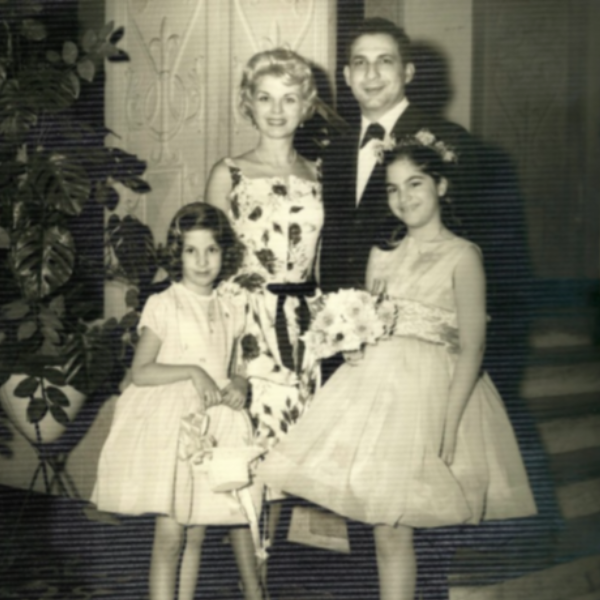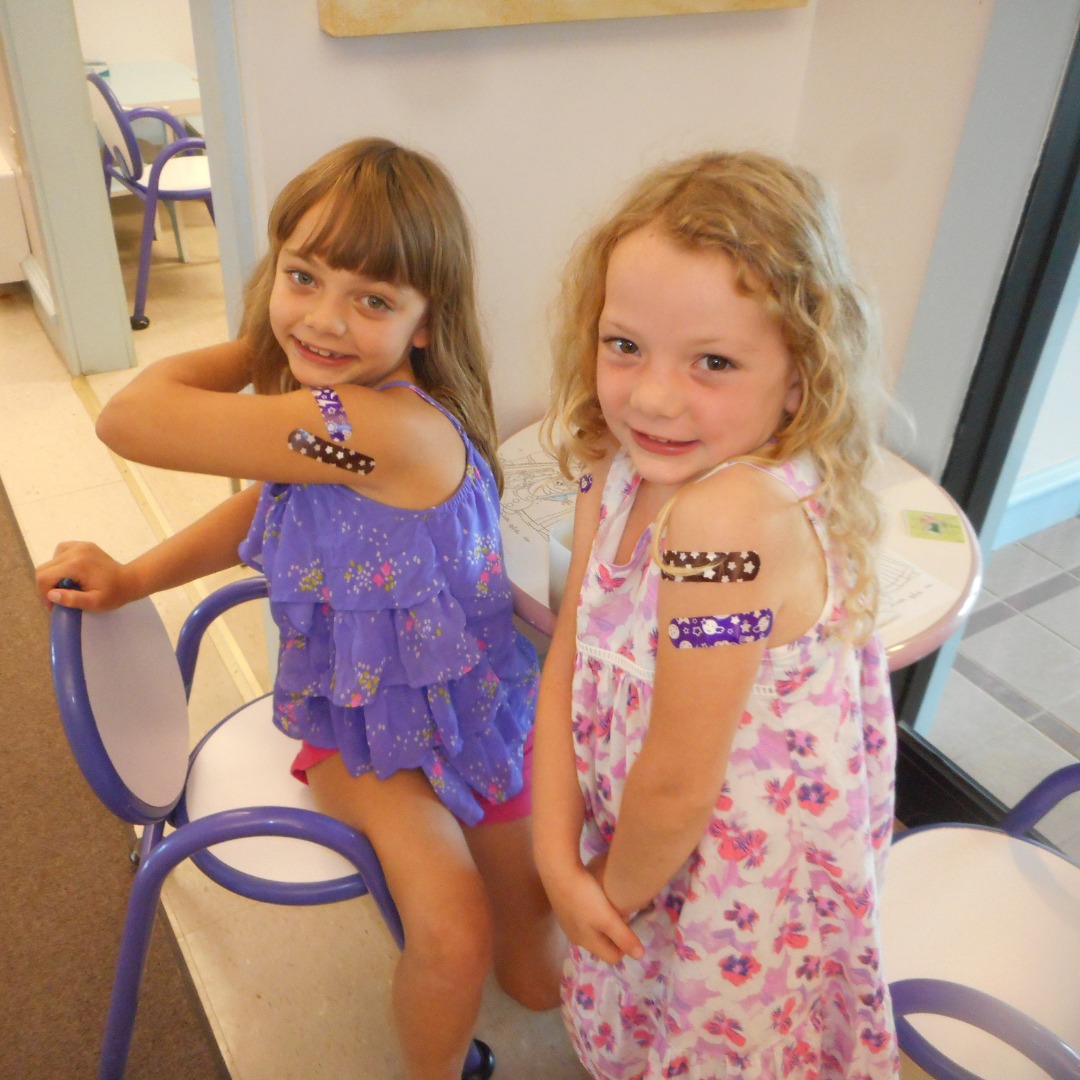I have no underlying health conditions and was and am a generally healthy. I am athletic, active, and enjoy time spent outdoors in any capacity. I had some abnormal Pap tests in my early twenties, which was treated with cryo followed by a LEEP. (note: a Papanicolau Test, or Pap test, is a test that looks for cervical cancer. It is not a screening test for ovarian or other types of cancer. Cryotherapy is used to remove abnormal cells and tissue from the cervix via freezing. LEEP – short for loop electrosurgical excision procedure – is a thin electrical wire loop used to cut away abnormal tissue in the cervix.) Afterwards, my annual Pap tests were normal.
Some time later, I had missed close to two years of getting an annual Pap due to lack of insurance. Why didn’t my immune system kill the HPV virus off in my 20s like most people’s do? Maybe I didn’t sleep enough. Maybe I was stressed. Maybe I didn’t eat right. Somehow, this doesn’t seem like a unique lifestyle for a young adult – but it all affects the immune system. Nevertheless, when I did have a Pap in 2014, I was tested for HPV for the first time. (An HPV infection in your 20s is not a huge concern, so doctors don’t routinely screen women until their thirties.) I received a call from my gynecologist reporting that my Pap was normal, but that she had found HPV 16. Being extremely well-informed with my new position in immunizations and public health, I was very concerned.
My provider decided to act prudently and do a colposcopy to confirm no further abnormalities were present. During the procedure, I remember my provider saying, “Well, nothing is really lighting up here but I’ll go ahead and take a sample while I’m here.” I will never forget the phone call I received from my doctor with the results of the pathology/cytology. She told me, “I have to say, I was really surprised to see this come across my desk today but we did find cancer.” My life came to a screeching halt. I was devastated.
Once the CIN III and carcinoma in situ was identified, I was referred to an oncologist to begin the process of what would eventually result in a modified radical hysterectomy due to stage 0 cancer. The whole process involved agonizing periods of waiting for results from different pathology reports, during the period of preparation before the actual hysterectomy and after the surgery.
The adjustment and toll it took on my marriage was not insignificant. I am lucky enough to have a very supportive husband, but this was very difficult for him as well. For someone who is not in the medical field or having any specific knowledge of HPV and its prevalence, this was very concerning to him. Until he researched the virus himself, my husband didn’t realize how prevalent HPV was and that you can harbor the virus without symptoms for years.
I have become very comfortable discussing my story and I will never take the road of shame when it comes to HPV, considering its prevalence. As a registered nurse in the field of public health and vaccine preventable disease, I now have a very personal source of experience when it comes to conveying the importance of immunizations. I am a survivor of a vaccine-preventable cancer. I share my story daily with adolescents and parents when there seems to be a disconnect with how the virus relates to them or their child. I remember driving in my car at age twenty-five, the year the vaccine became available, and hearing something on the radio about it. I vividly recall thinking, ”I’m not sleeping around. I’m a healthy girl. I’m not in that “risk” category. I don’t need this new vaccine, and besides, when would I have time?”
I had the chance to prevent my cancer. Please don’t miss your chance. Vaccinate yourself and your sons and daughters.
 Kristina is a mother of two incredible children and married to their wonderful father for 10 (mostly) happy years. She has been a registered nurse for 13 years and worked in everything from hospice to pediatrics but currently works as a communicable disease/immunizations nurse at her local health department in the mountains of beautiful Western North Carolina.
Kristina is a mother of two incredible children and married to their wonderful father for 10 (mostly) happy years. She has been a registered nurse for 13 years and worked in everything from hospice to pediatrics but currently works as a communicable disease/immunizations nurse at her local health department in the mountains of beautiful Western North Carolina.
Editor’s note: January is Cervical Health Awareness Month. Please help spread awareness about preventing cervical cancer through vaccination.



